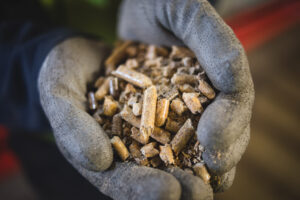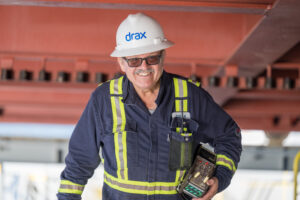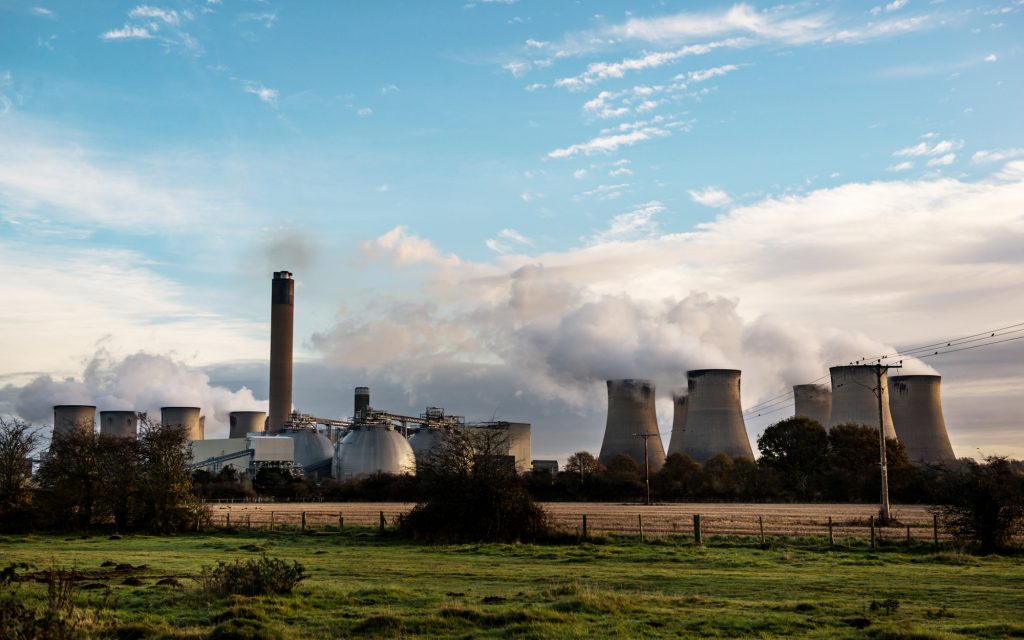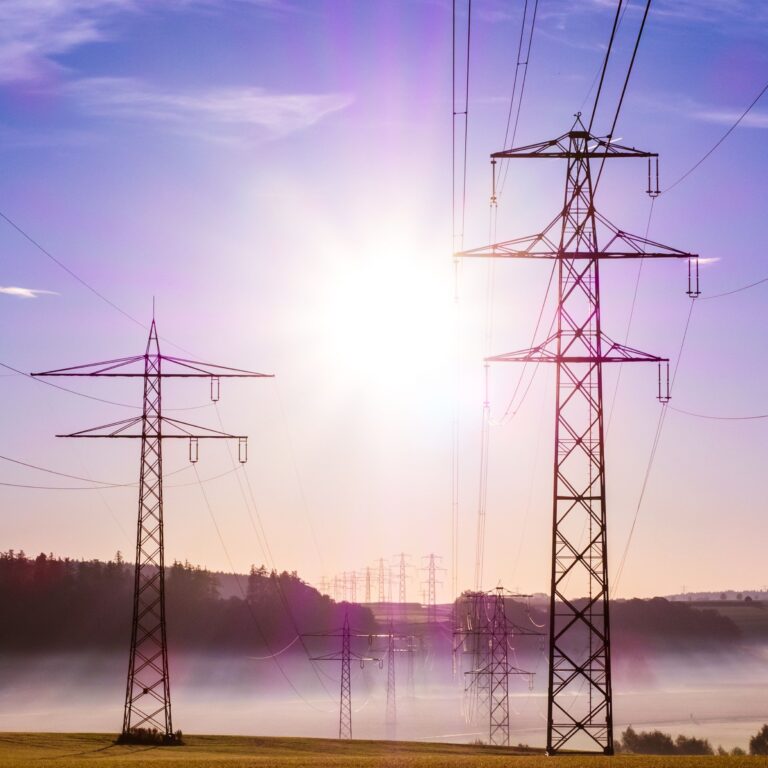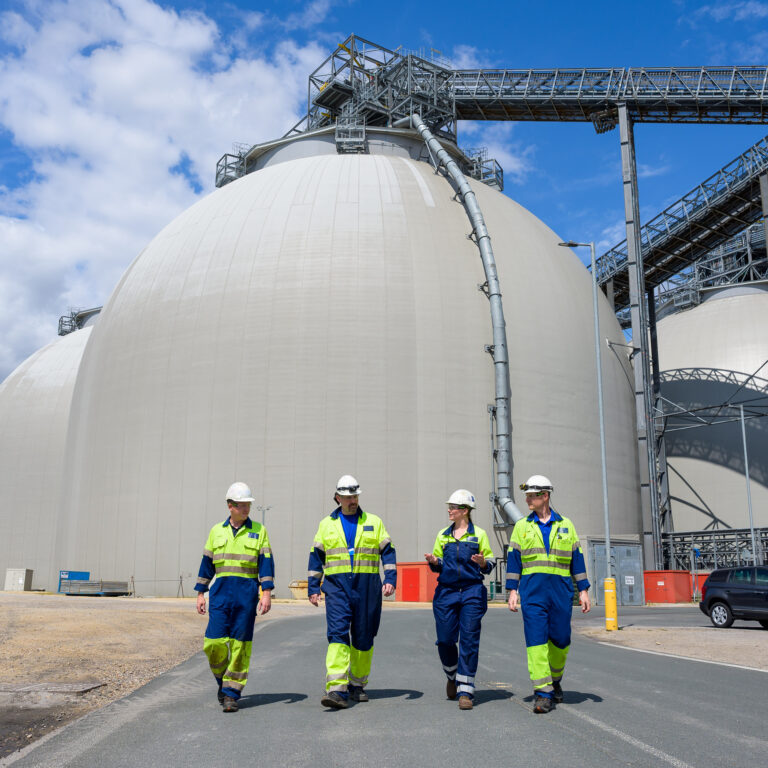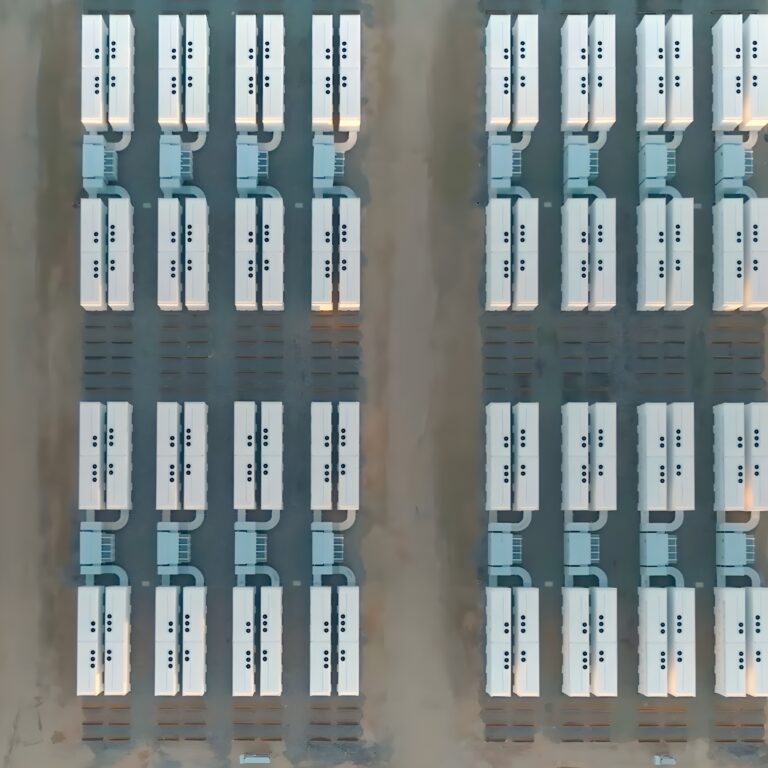- Drax has approved a further investment in the development of its Yorkshire carbon capture project that will see Worley commence work on the Front-End Engineering and Design (FEED) phase.
- Contract is part of a 2022 capital investment programme of around £40m that includes site preparation works for BECCS and decommissioning of coal infrastructure following the end of Capacity Market obligations at the end of September 2022.
- Announcement is another significant step towards making BECCS at Drax a reality by 2027 and follows the company’s decision to partner with Mitsubishi Heavy Industries (MHI) Group as its technology partner, and ambition to source 80% of the construction materials from UK supply chain.
As part of this investment, Drax has selected Worley to begin the Front-End Engineering and Design (FEED) work at the start of 2022 and may also work with the company on the subsequent design and build phases of the BECCS project, subject to contract. Drax will also commence site preparation works for BECCS across its North Yorkshire power station including relocation and decommissioning work to make space for the project.
Worley, a global provider of professional project and asset services delivers engineering, procurement and construction, as well as consulting services for the energy, chemicals and resources sectors around the world.
BECCS is seen as an essential technology to tackle climate change with the project at Drax set to capture and permanently lock away at least eight million tonnes of CO2 a year, exceeding the government’s ambition to deliver 5Mt of negative emissions from engineered removals each year by 2030 as outlined in the recently published Net Zero Strategy.
Drax is already the largest decarbonisation project in Europe, having converted its power station to use sustainable biomass instead of coal, reducing its emissions by more than 90%. By deploying BECCS technology, Drax will create and protect tens of thousands of jobs across the North, kickstart new green industries, and make the UK a global leader in negative emissions technologies.

Drax Group CEO, Will Gardiner
Will Gardiner, Drax Group CEO, said:
“Our investment in BECCS and the signing of this contract with Worley demonstrates Drax’s commitment to deliver a vital technology which is urgently needed to address the climate crisis. It’s no longer enough to reduce emissions – the world has got to start removing carbon from the atmosphere if we are to avert this climate crisis.
“The Government’s ambition for BECCS and its backing for the East Coast Cluster further demonstrates the vital role this negative emissions technology at Drax can play in helping the UK reach its net zero targets, as well as creating and protecting thousands of jobs and kickstarting a new green economy.”
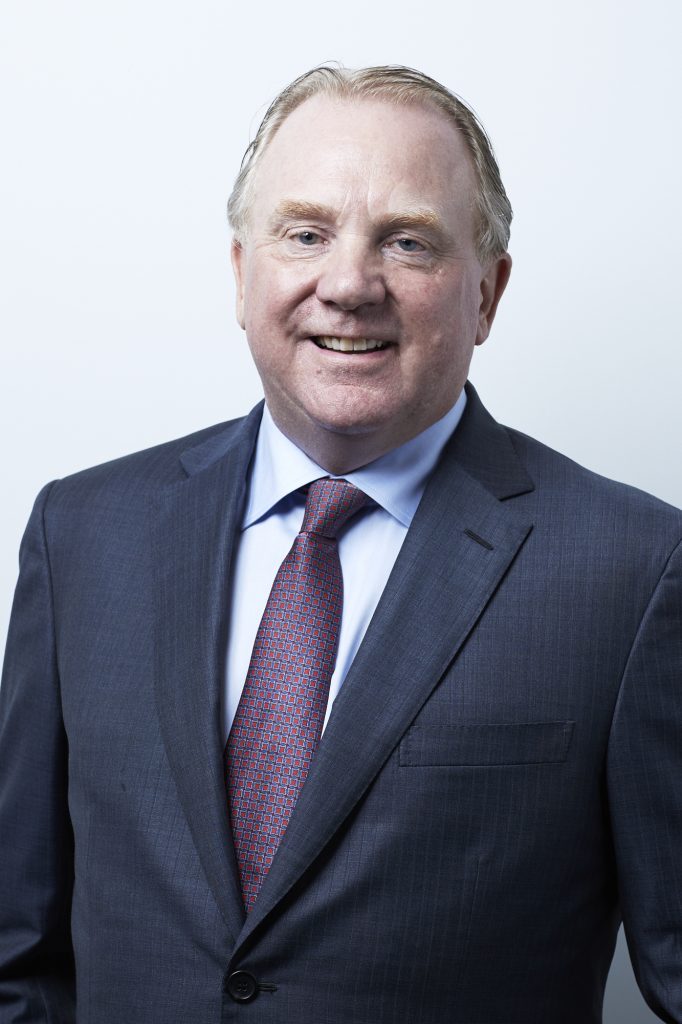
Worley CEO, Chris Ashton
Chris Ashton, Worley CEO, said:
“As a global professional services company headquartered in Australia, we are pleased that Drax has engaged Worley in this important carbon capture project. Our partnership with Drax is one of the ways we’re helping our customers adapt existing assets and decarbonize industrial clusters, whilst also supporting Worley’s strategic focus on sustainability and delivering a more sustainable world.”
The announcement follows Drax’s decision in the Summer to partner with Mitsubishi Heavy Industries (MHI) Group as its technology partner. As well as this the company outlined its ambition to source 80% of the construction materials and services from UK supply chain, meaning businesses could benefit from contracts worth hundreds of millions of pounds, creating and protecting jobs across the North and levelling up the country.
With an effective negative emissions policy and investment framework from the government, BECCS could be deployed at Drax as soon as 2027 – delivering the UK’s largest carbon capture project and permanently removing millions of tonnes of carbon dioxide from the atmosphere each year.
Drax has already kickstarted the planning process to deploy BECCS at its power station in North Yorkshire – if successful, work could get underway to build BECCS at Drax as soon as 2024, with the creation of thousands of jobs.
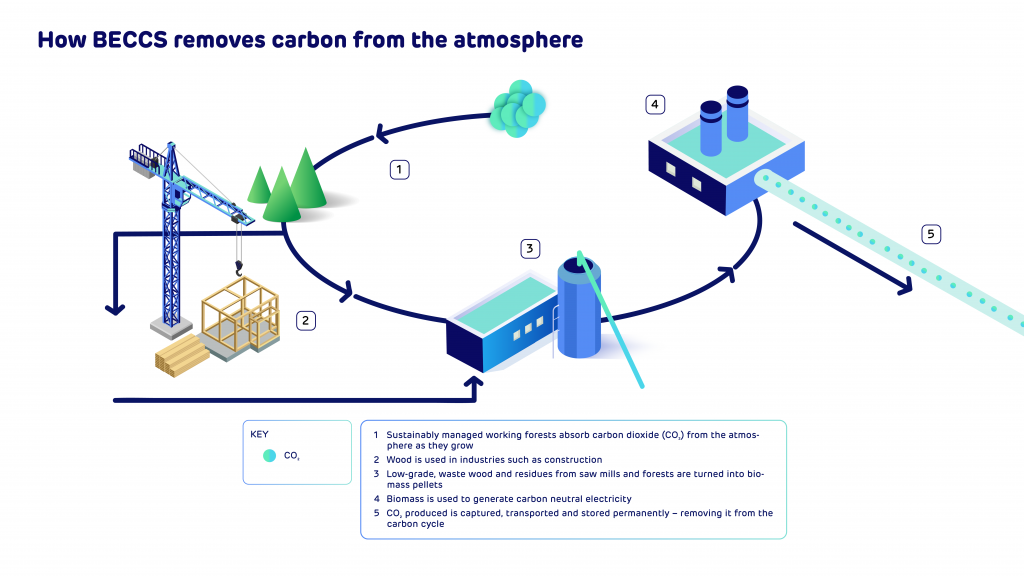
How BECCS at Drax will work. Click to view/download.
An accompanying RNS to the London Stock Exchange can be read here: https://www.londonstockexchange.com/news-article/DRX/investment-in-beccs-feed-study/15251148
ENDS
Media contacts:
Ali Lewis
Head of Media & PR
E: [email protected]
T: 07712 670 888
Aidan Kerr
Media Manager
E: [email protected]
T: 07849090368
Editor’s Notes
- As well as the FEED study, the investment programme will include site preparation works which are required prior to decommissioning some of the infrastructure associated with Drax’s coal operations, on the areas of the site where BECCS will be built.
- Drax’s coal units are due to close in September 2022 and work to build BECCS could get underway as soon as 2024, with the creation of thousands of jobs.
- Drax aims to deploy BECCS on two of its biomass generating units by 2030 capturing and permanently storing up to eight million tonnes of CO2 a year, more than the 5Mt the government has said will be required 2030 in its recently published Net Zero Strategy.
- As part of the Net Zero Strategy, published on 19 October, the Government confirmed its ambition to see significant deployment of mature BECCS technologies by 2030.
- BECCS at Drax can permanently remove at least eight million tonnes of CO2 from the atmosphere each year, whilst supporting the creation of a new global industry in the UK, delivering tens of thousands of jobs in a new green economy. This builds on what we have already achieved with sustainable biomass, in transforming a coal fired power station to become Europe’s biggest decarbonisation project.
- Subject to the right regulatory support, the first BECCS unit could be operational in 2027, with the second commissioned in 2030, enabling Drax to achieve its world-leading ambition to be a carbon negative company by 2030.
- No final investment decision has yet been taken and development remains subject to the UK government introducing the right regulatory framework.
- Drax would act as an anchor project for Zero Carbon Humber, part of the East Coast Cluster, protecting and creating tens of thousands of jobs, kickstarting a new green industry for the region.
- The East Coast Cluster is made up of both Zero Carbon Humber and Net Zero Teesside, supported by the Northern Endurance Partnership – a collaboration between bp, Eni, Equinor, National Grid, Shell and Total, with bp leading as operator.
- Drax Power Station produces 12% of the UK’s renewable electricity, keeping the lights on for millions of homes and businesses.
- Drax has reduced its emissions by more than 90% in the last decade and Drax is now one of Europe’s lowest carbon energy generators.
- In the Summer of 2021 Drax selected Mitsubishi Heavy Industries as its technology partner to deliver BECCS at Drax using its Advanced KM CDR ProcessTM.
- In September Drax announced its ambition to source 80% of the construction materials and services from the UK supply chain, meaning UK businesses could benefit from contracts worth hundreds of millions of pounds.
About Drax
Drax Group’s purpose is to enable a zero carbon, lower cost energy future and in 2019 announced a world-leading ambition to be carbon negative by 2030, using Bioenergy with Carbon Capture and Storage (BECCS) technology.
Its 3,400 employees operate across three principal areas of activity – electricity generation, electricity sales to business customers and compressed wood pellet production and supply to third parties. For more information visit www.drax.com
Power generation:
Drax owns and operates a portfolio of renewable electricity generation assets in England and Scotland. The assets include the UK’s largest power station, based at Selby, North Yorkshire, which supplies five percent of the country’s electricity needs.
Having converted Drax Power Station to use sustainable biomass instead of coal it has become the UK’s biggest renewable power generator and the largest decarbonisation project in Europe. It is also where Drax is piloting the groundbreaking negative emissions technology BECCS within its CCUS (Carbon Capture Utilisation and Storage) Incubation Area.
Its pumped storage, hydro and energy from waste assets in Scotland include Cruachan Power Station – a flexible pumped storage facility within the hollowed-out mountain Ben Cruachan.
The Group also aims to build on its BECCS innovation at Drax Power Station with a target to deliver 4Mt of negative CO2 emissions each year from new-build BECCS outside of the UK by 2030 and is currently developing models for North American and European markets.
Pellet production and supply:
The Group has 13 operational pellet plants with nameplate capacity of c.4Mt, plus a further two plants currently commissioning and other developments/expansions which will increase this to c.5Mt once complete.
Drax is targeting 8Mt of production capacity by 2030, which will require the development of over 3Mt of new biomass pellet production capacity. The pellets are produced using materials sourced from sustainably managed working forests and are supplied to third party customers in Europe and Asia for the generation of renewable power.
Drax’s pellet mills supply around 30% of the biomass used at its own power station in North Yorkshire, England to generate flexible, renewable power for the UK’s homes and businesses.
Customers:
Drax is the largest supplier of renewable electricity to UK businesses, supplying 100% renewable electricity as standard to more than 370,000 sites through Drax and Opus Energy.
It offers a range of energy-related services including energy optimisation, as well as electric vehicle strategy and management.
To find out more go to the website www.energy.drax.com


